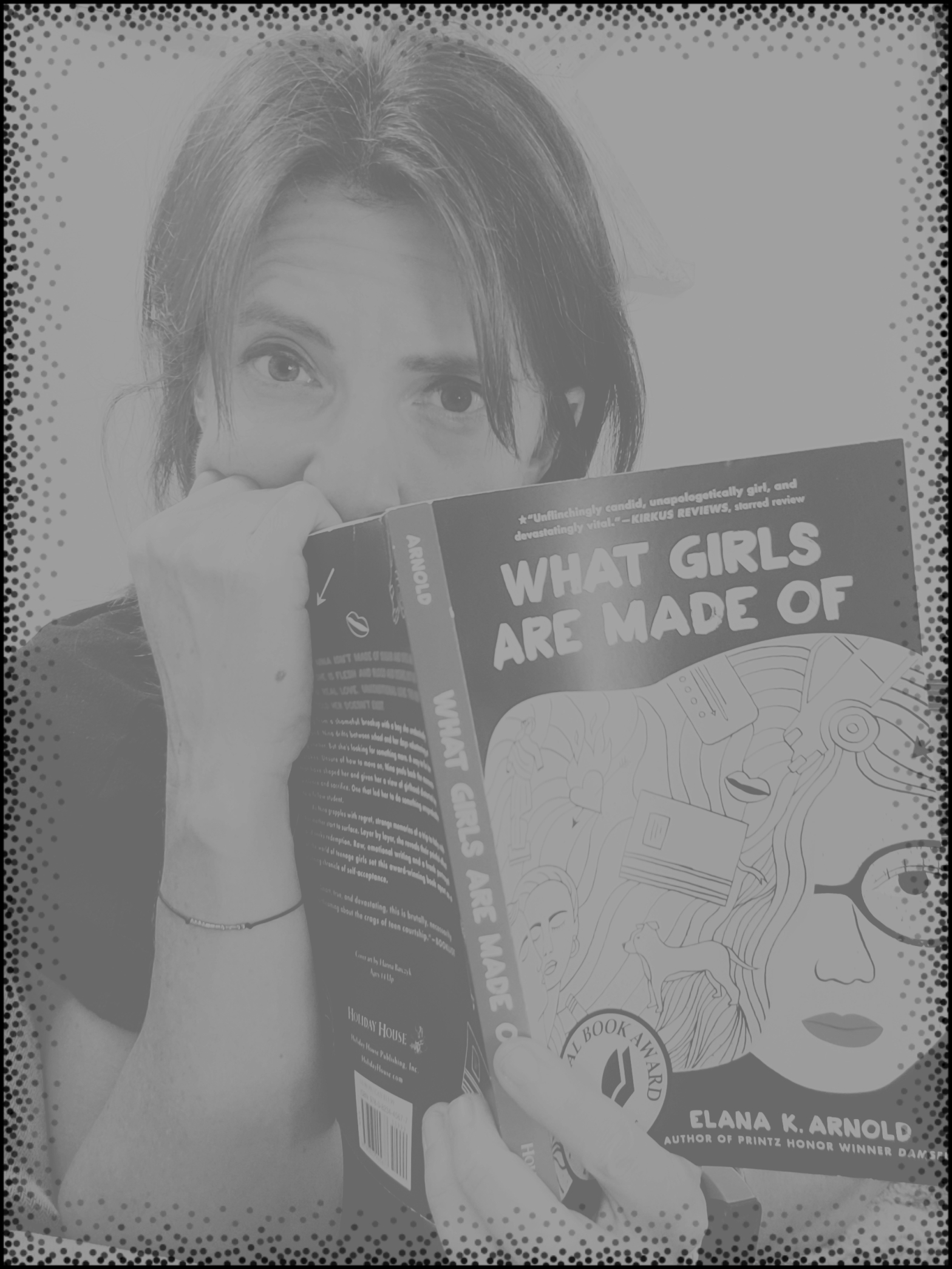Hit Play on the video above.
The Best Thing About this Book is either the POV technique (you get to switch perspectives mid-scene sometimes) or the author’s knowledge of mental health.
Premise: Jocelyn’s family runs a small Chinese restaurant that might be seeing its last days. Will’s future in journalism depends on his ability to get over his anxieties and interact with people face-to-face. When the two troubles collide over one summer, Jocelyn and Will must face their inner struggles and their feelings for one another as they attempt to save A-Plus Chinese from going under.
Rating: 3/5
Target: 8th grade and up
Title: Every chapter of the book follows the structure of the book title: “This is my ____ on/in _____.” More than that, though, the title captures the duality of the plot in dealing with challenges in brain chemistry for the two main characters and their passions.
Main Character(s): Jocelyn (she/her) and Will (he/him), high school sophomores
Motifs (not exhaustive): mental health, love, independence, entrepreneurship, family, business, tradition, anxiety, depression, film, photography, journalism
Great for…* (readers): who enjoy a love story without wanting to read a love story. (I know, that sounds off, but it’s true. The love plot between the characters takes a back seat in this one even though it’s not forgotten.)
Great for…* (teachers): who are capitalizing on POV. Both Will and Jocelyn tell this story from their different vantage points, and the reader sometimes switches whose head they’re in mid-scene. Also good for mental health discussions.
Parental Warning(s): Some cursing (minimal given today’s YA culture)
Interact: What do you remember about telling (or asking permission from) your parents for a first date ever?
Shop local bookstores.
Shop Amazon.
Add on Goodreads.
*The “Great for” category is not exhaustive and does not intend to neglect the multitude of readers/teachers who could learn from this book in any number of ways.
RATINGS GUIDE
٭ = DNF, would not recommend
٭٭ = would not recommend
٭٭٭ = enjoyable, would recommend
٭٭٭٭ = very good, would recommend
٭٭٭٭٭ = amazing, would definitely recommend









